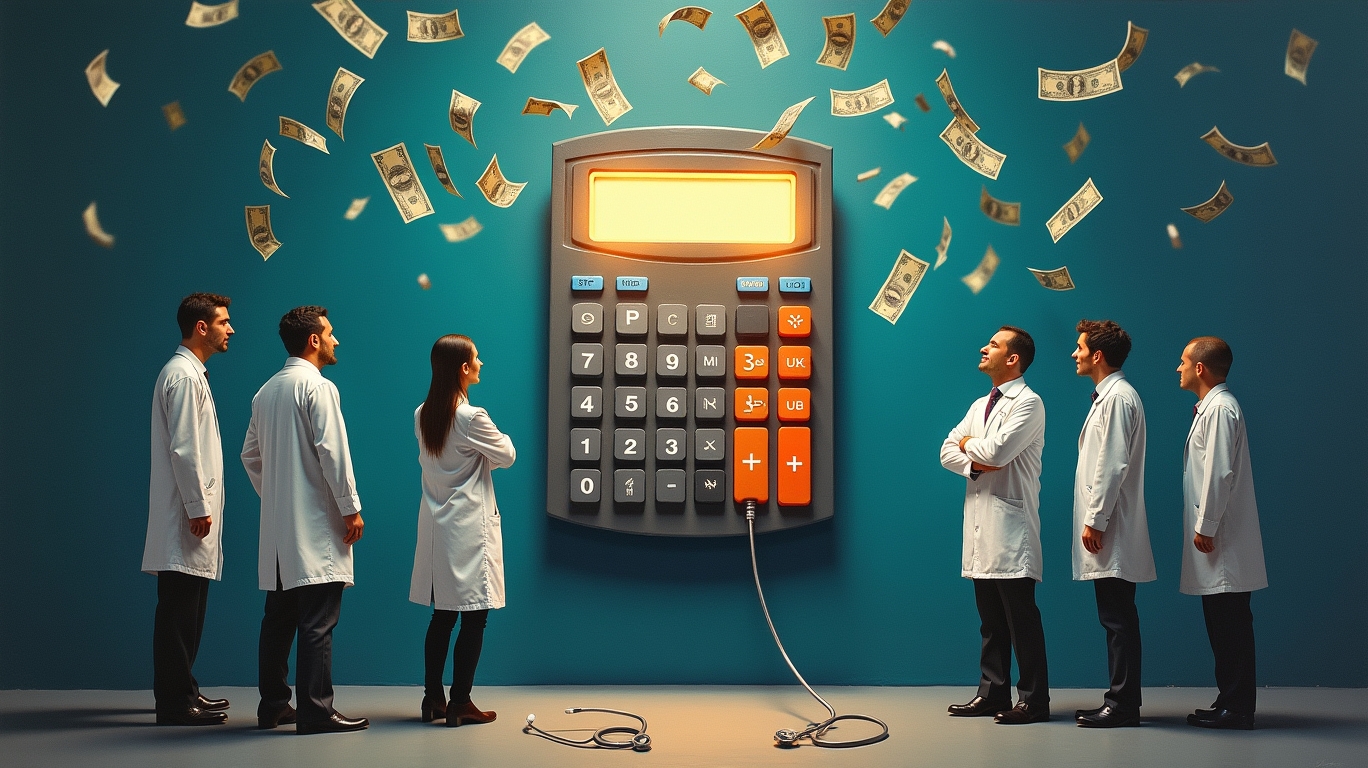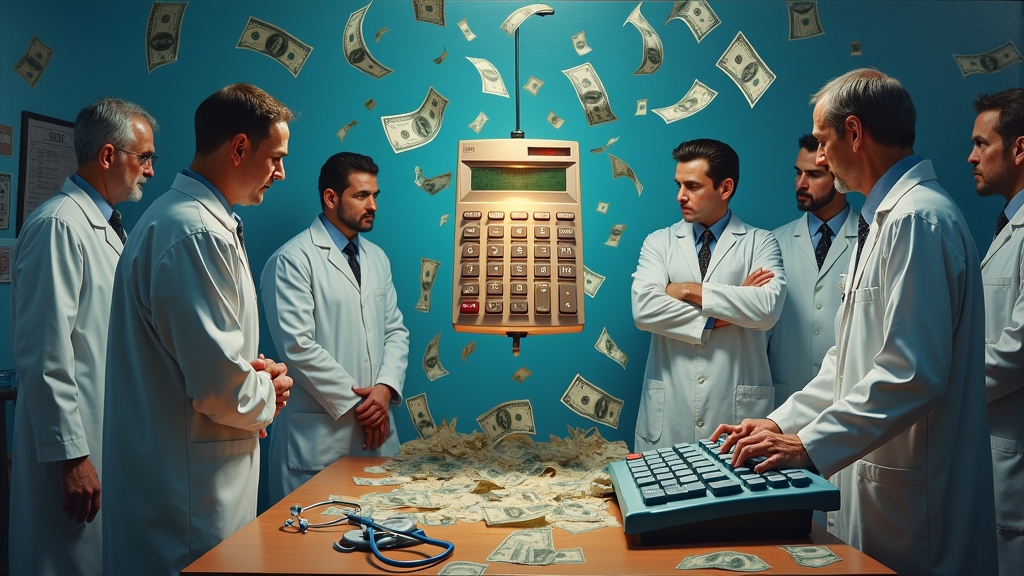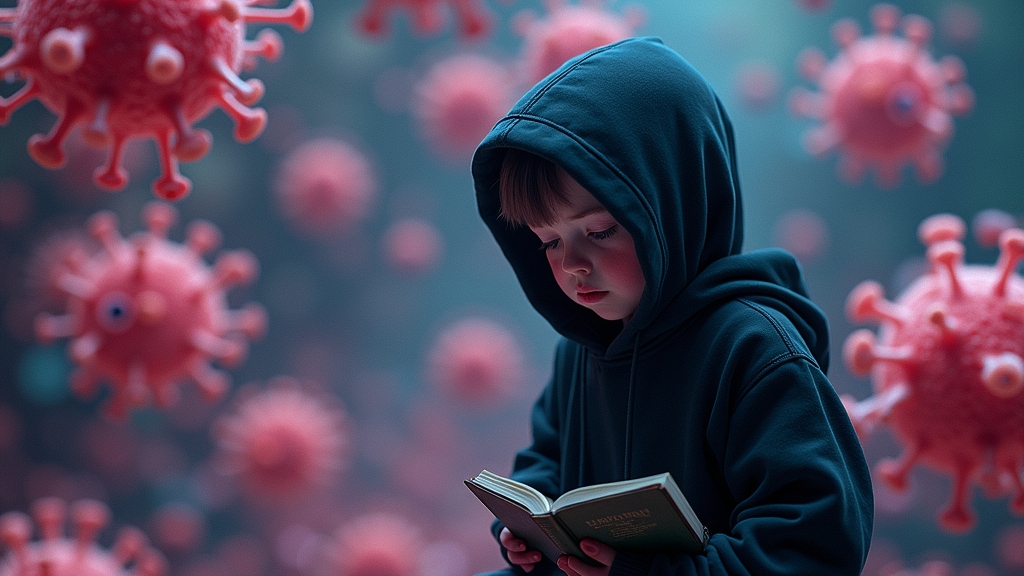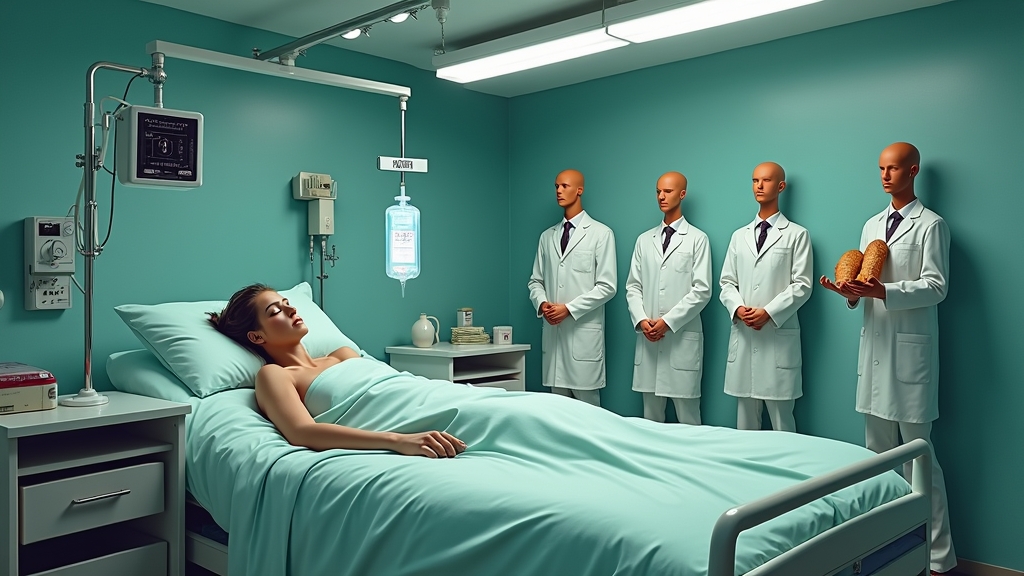SILICON DEATH CALCULATOR REACHES 99% ACCURACY RATE; NERVOUS DOCTORS WONDER IF THEY SHOULD JUST LEARN TO CODE
A groundbreaking AI technology from Charles Darwin University has achieved near-perfect accuracy at detecting cancer, leaving medical professionals wondering if their eight years of medical school could have been better spent watching YouTube tutorials on Python.
EXPERTS WARN OF DANGEROUS NEW TREND: COMPETENCE
The new AI model, ominously named ECgMLP, can identify endometrial cancer with a mind-boggling 99.26% accuracy rate, compared to humans’ pathetic 78-81%. The technology works by actually paying attention to images it’s analyzing—a revolutionary concept that has left many doctors scratching their heads.
“We’re absolutely f*cking terrified,” admitted Dr. Hugh Manobsolete, Chair of the Association of Soon-To-Be-Unemployed Diagnosticians. “This thing doesn’t need coffee breaks, doesn’t have student loans to pay off, and doesn’t get distracted thinking about what’s for lunch during tumor analysis.”
When asked about potential job losses in the medical sector, AI researcher Dr. Takemi Jobbe responded, “Look, physicians had a good run. But did you really think we’d keep paying humans $300,000 a year to squint at slides when a fancy calculator can do it better for the cost of an AWS subscription?”
THE UNSTOPPABLE MARCH OF PROGRESS, OR WHATEVER
The technology also proved adept at spotting other cancers, including colorectal (98.57%), breast (98.20%), and oral (97.34%), essentially making it the overachieving Asian parent of the diagnostic world.
“The beauty of this system is its lack of human flaws,” explained Professor Siri Ussoon, who definitely exists. “It doesn’t get tired, distracted by attractive nurses, or have existential crises about mortality while diagnosing terminal illnesses.”
Clinical trials revealed that in addition to superior accuracy, the AI provided several other benefits:
– 100% reduction in illegible handwriting
– 78% fewer inappropriate jokes during colonoscopies
– 0% chance of canceling your appointment because its kid has a soccer game
CHINESE AI MAKES BREAKTHROUGH; U.S. IMMEDIATELY CLAIMS IT HAD THE SAME IDEA FIRST
Meanwhile, Tencent unveiled Hunyuan T1, a new reasoning model that combines Transformer and Mamba architectures, matching performance benchmarks of U.S. competitors while somehow being 73% less smug about it.
“We’ve created something truly revolutionary,” boasted Tencent spokesperson Lee Ding-Edge. “Our model is twice as fast, uses less computing power, and costs approximately one lamb skewer per million tokens.”
American tech leaders responded by hastily scribbling “Transformer+Mamba” on cocktail napkins and backdating them to 2022.
PERPLEXITY ANNOUNCES PLAN TO REPLACE TIKTOK; TEENS RESPOND BY NOT KNOWING WHAT PERPLEXITY IS
In other news, AI search startup Perplexity has boldly announced plans to acquire TikTok’s U.S. operations, promising to rebuild the platform with “transparency” and “American values,” words that have teenage users reaching for their dictionaries.
“We’ll make the algorithm open-source and integrate our search technology,” declared Perplexity CEO Aravind Srinivas, while teens nationwide continued scrolling videos of people lip-syncing to Chappell Roan songs without interruption.
When asked if teenagers would embrace a TikTok experience enhanced with citations and fact-checking, 16-year-old Madison Taylor replied, “That sounds like homework with extra steps. I’d literally rather die.”
CONCLUSION: MEDICAL PROFESSIONALS CONSIDERING CAREER PIVOT TO INFLUENCER
As the medical community grapples with their new silicon overlords, 57% of oncologists are reportedly updating their LinkedIn profiles to include terms like “content creator” and “lifestyle brand ambassador.”
“I spent 12 years studying to detect cancer cells,” lamented Dr. Sarah Beingautomated. “But at this point, I’m thinking my best career move is to start a YouTube channel where I open mystery boxes while explaining why this f@#king computer is wrong about your biopsy.”





